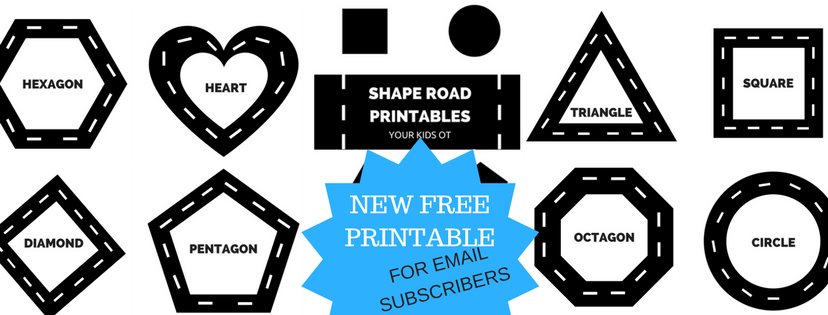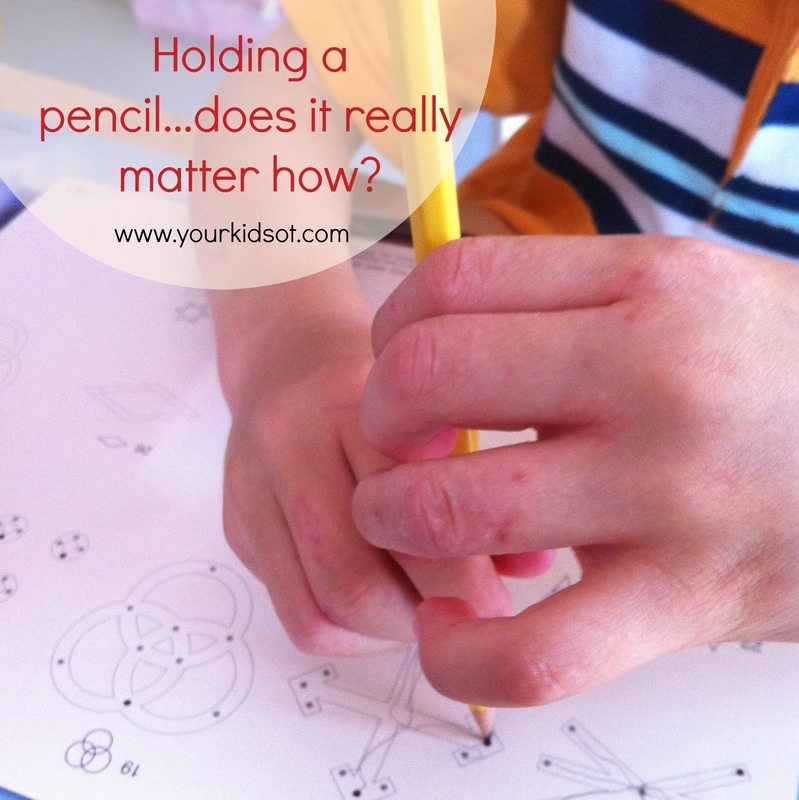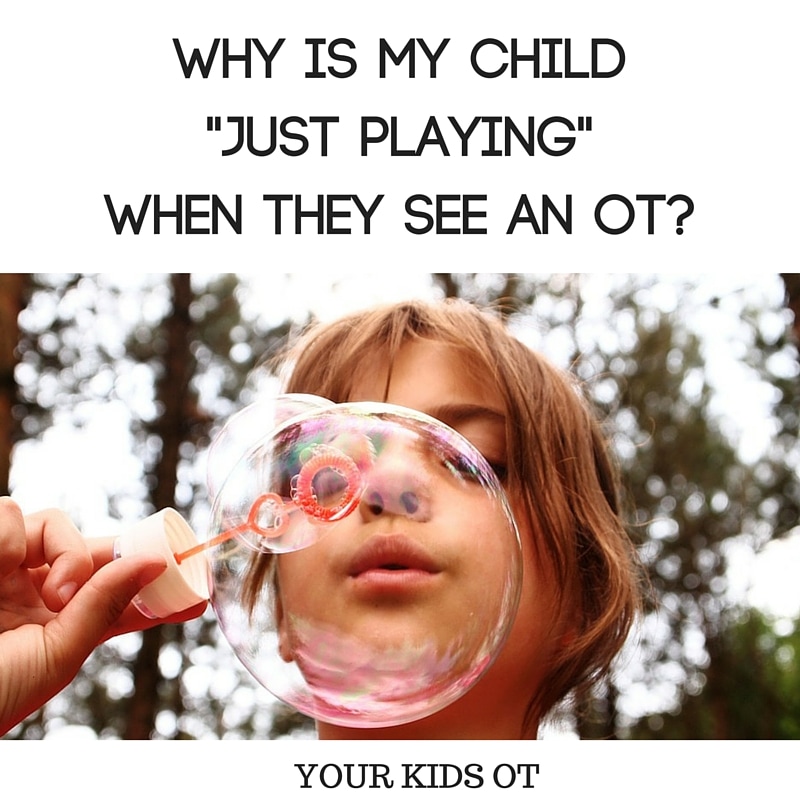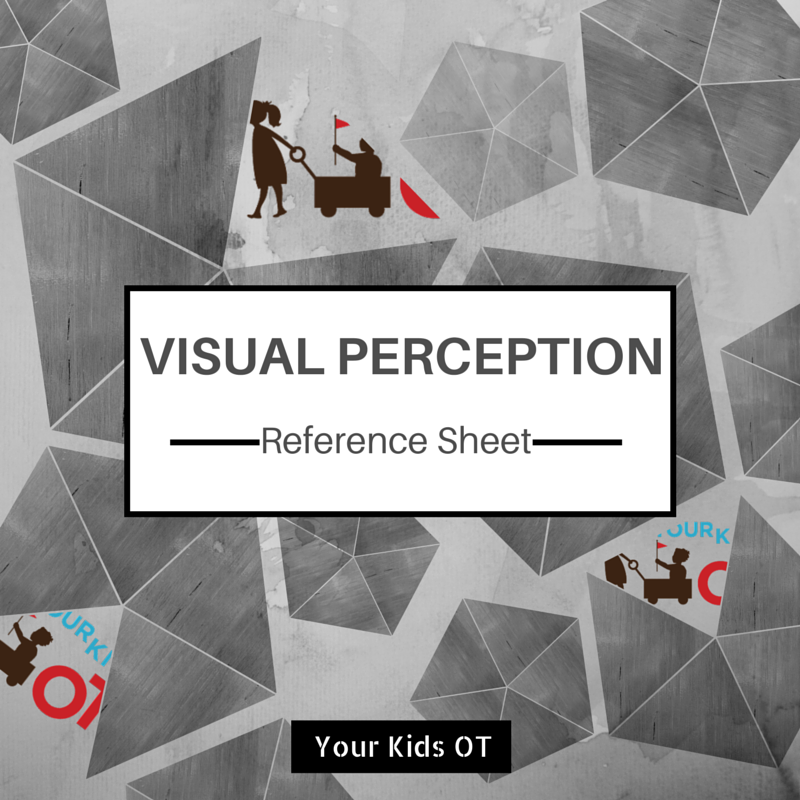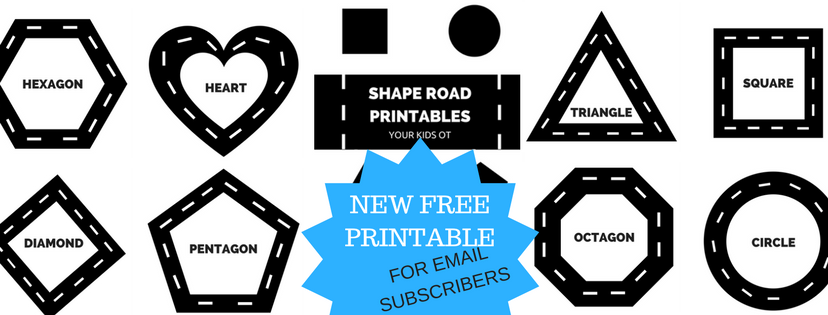|
"Music is the universal language of mankind" Henry Wadsworth Longfellow. Henry Wadsworth Longfellow, the American poet says it much better than I could! Music brings people together. It can bring such joy and emotion to both those who listen and those who make music. It can also be therapeutic. "Music therapy is a research-based practice and profession in which music is used to actively support people as they strive to improve their health, functioning and wellbeing." (Australian Music Therapy Association). In my first job as an occupational therapist, I saw the effectiveness of music therapy with children with disabilities in a special school . Today on the blog, I would like to introduce Natalie Wilson. Natalie has been playing guitar since she was 5 years old. She used to be a guitar teacher and her experience teaching with a variety of unique needs sparked her interest in music therapy’s ability to improve the lives of others. She believes music is a powerful way to spread positivity and wants to inspire music to children. Natalie writes about "What Skills Children Can Learn from Music Therapy"! Welcome Natalie! Music is an excellent therapeutic tool that can be used to develop motor, speech, cognitive, and communication skills in children. Regular music lessons have been shown to improve academic performance in children. For example, a study from Northwestern University revealed more sophisticated neural processing abilities in students who took instrumental music lessons than students who only listened to music. Another study found more increases in IQ in children who took music lessons than children who didn’t take lessons. While these findings are well known in the musical community, many parents aren’t aware of music’s ability to encourage the development of important life skills in children. Not only is music education an excellent tool for encouraging positive child development, music therapy can effectively reduce or remediate cognitive, motor, and psychological issues. Since the Music and Memory project gained popularity in 2011, music therapy has become strongly associated with improving the lives of patients with dementia. However, many parents aren’t aware of the ability to help those much younger than the population with dementia. Children experiencing myriad issues can benefit from therapeutic musical exercises and develop skills that will help them succeed in all areas of their life. Here are some of the different skills your children can learn from music therapy SPEECH SKILLS Music therapy is a great way to improve children’s abilities to vocalize and pronounce words correctly. Melodic intonation therapy is an approach that will work well for children with aphasia, which is a condition that impairs a child’s ability to comprehend or produce speech. Melodic intonation therapy is an effective to for teaching children how to produce speech, as it uses parts of the brain associated with singing. Singing using a different area of the brain than regular speech production, which allows therapists to achieve speech through a different pathway in the brain. Using melodic intonation therapy, children with what many know as “Broca’s aphasia” can learn to access regular speech through musical exercises. Music therapy is also an excellent tool for children who have stuttering issues. Rhythmic speech cueing is a therapeutic approach that will allow the therapist to control a child’s rate of speech using a musical beat. For example, the therapist might use a metronome to either speed up or slow down the rate at which a child says a sentence in order to improve their speaking abilities. MOTOR CONTROL SKILLS Using musical instruments is a motivating way to improve motor skills in children. For example, if a child is experiencing weakness on one side of their body, a drum circle exercise will offer a unique way to exercise the affected arm. Not only will the child learn to move his or her affected limb, they will also learn how to control the movements more efficiently by learning to strike the drum on the correct beat. You can also strengthen a child’s limb by teaching them guitar. If a child has difficulty moving one arm, teaching them to strum a guitar with that arm will lead to improvements that can be transferred to day-to-day life. If you want to learn more about the best guitars for a small child’s hands, take a look at this article. COMMUNICATION SKILLS Since music is a universally appreciated art form, music therapy can be used to encourage social skills in all children. Group music therapy involving children of around the same age can improve a child’s ability to socialize and may even create long lasting friendships. Through therapeutic songwriting exercises, drum circles, and improvisational music therapy exercises, participants will foster relationships and improve their ability to socialize with others. This is especially beneficial for children with an autism spectrum disorder who are learning how to socialize with other people. Since children with autism spectrum disorders often experience difficulties expressing themselves, expressing their thoughts and feelings through sound may also teach them behavior management skills and emotional expression techniques. For more information, take a look at the symbolic communication training through music (SYCOM) technique explained here. COGNITIVE SKILLS Musical exercises are also a great way to improve cognitive abilities in children. As was already mentioned, music lessons have been shown to improve neural processing and IQ scores in children. Music therapy can take things a step further and develop better functioning in children who are experiencing cognitive issues. For example, musical sensory orientation training is a useful technique for children who might not have the same attention abilities seen in the average child population. Attention is necessary for learning to take place, so music therapy is therefore a very viable option for children whose learning processes have been stunted due to a lack of attentiveness. In conclusion, music therapy can assist with a variety of different issues children may be facing. Whether you’re child is struggling with socialization, motor control, or attentiveness, music therapy may give you the improvements and skill cultivation you’re seeking. Enjoy watching your child grow with the help of music therapy!
You may also like:
You have tried everything to encourage your child to eat.
"Kids eat when they are hungry, right?" Why does your child eat some things and not others? I'm so excited to welcome, Simone Emery to Your Kids OT today. Simone is a feeding specialist and writer at Play with Food. She is a nutritionist with a Masters of Food Studies, an accredited Food Safety Supervisor and trained in the SOS Approach to Feeding. I've asked Simone to answer some frequently asked questions to help with feeding challenges in the home! Welcome Simone!
Simone, can you please tell us about your family and how you came to create your website "Play with Food"?
I started "Play with Food" as a way to help children get positive experiences with fruit and vegetables. This led to further training in feeding therapy for me to ensure my programs and writing helped parents understand the complexity of feeding children. The root causes of fussy eating vary significantly and my focus on sensory, language, variety and strategies is helpful for parents that may have heard unhelpful advice like "they will grow out of it" or "she won't starve". I have two little girls and I know the trenches of feeding kids, thinking about variety and meal planning around busy modern life. Many children shows signs of being "fussy" at times with food. What are some "red flags" parents should look out for in knowing when their child needs help? It is definitely always important to check that children are reaching their feeding milestones. One of the main red flags that parents report to me are having a dietary repertoire of under 20 foods, dropping entire food groups and anxiety around food. What is the SOS approach to feeding and main principles in this approach? SOS approach to feeding addresses the whole child, their physical, oral motor, sensory, digestive and psychological needs when it comes to feeding. It is an approach that works on increasing exposure to improve acceptance and then increase dietary repertoire / quantity. It is a life skill building therapy. Should I hide vegetables from my "fussy eaters"? Yes and No. Never deceive a child by being sneaky on purpose as this can breed distrust of foods you make them. They will know. But at the same time, you need to present vegetables in logical ways that increase the amount of times you can offer them. Eg. Zucchini slice for lunch, bolognese with carrot onion & celery, Carrot cup cakes. As parents we are in charge of offering and variety and nutritional range are part of what we offer. How do parents negotiate a "fussy eater" with other siblings? Making sure we don't single out a child is very important in reaching a family goal. A family has the goal of eating the same things, so, to achieve that goal we work on it together. Serve foods from the middle of the table so everyone has equal opportunity to learn. Make sure everyone can succeed and learn. Eating isn't a pass or fail task. There are many learns kids have to make before they may eat something new. Modelling the learning process is so important. What support do you provide parents of "fussy eaters"? I have a range of blog posts, recipes, videos, an eCourse and private Facebook group to help parents. I also do guest speaking, consults and Skype sessions.
Thanks so much Simone for sharing your experience and expertise! She is a wealth of knowledge and information. I love how Simone's advice is always practical and based on her professional training.
FIND OUT MORE:
Do you have a fussy or picky eater?
Affiliate links may be found throughout this website in advertising. This means that if you follow through with a purchase from these links, Your Kids OT will receive a percentage of the sale.
You may also like:
|
AuthorHi, I'm Cindy and I am an Occupational Therapist. I enjoy working creatively with children to see them reach their potential. Read more about me here. SEARCH THIS SITE
Archives
June 2024
Categories
All
Popular Posts |
Join the YKOT e-newsletter!
Subscribe to get our latest content by email and receive
the SHAPE ROADS PRINTABLE NOW!

Success! Now check your email to confirm your subscription and receive your free printable!
Join our Mailing List!
Subscribe to get our latest content by email and receive
the SHAPE ROADS PRINTABLE NOW as a thankyou!

Success! Now check your email to confirm your subscription and receive your free printable!
Disclaimer: The information on this site is general in nature and should be used for educational and entertainment purposes. The activities are safe for most children, however, you should consult an Occupational Therapist or health professional to address specific movement, sensory or other medical conditions. This blog does not replace formal therapeutic professional advice given by a health professional or medical practitioner. Reviews and endorsements of products will only be made based on my expertise and personal opinion; and deemed worthy of such endorsement. The opinions shared in sponsored content will always be my own and not that of the advertising company or brand. Content, advertising space or posts will be clearly identified if paid, affiliated or sponsored. Affiliate links may be found throughout this website in advertising. This means that if you follow through with a purchase from these links, Your Kids OT will receive a percentage of the sale. Your Kids OT undertakes to meet the requirements of the "Social Media Policy" as published by Australian Health Practitioner Regulation Agency (AHPRA). Further information about this policy can be found here.
Find meFollow me |
About me
AuthorHi, I'm Cindy and I am an Occupational Therapist. I enjoy working creatively with children to see them reach their potential. Read more about me here. |
Copyright © 2017 Your Kid OT

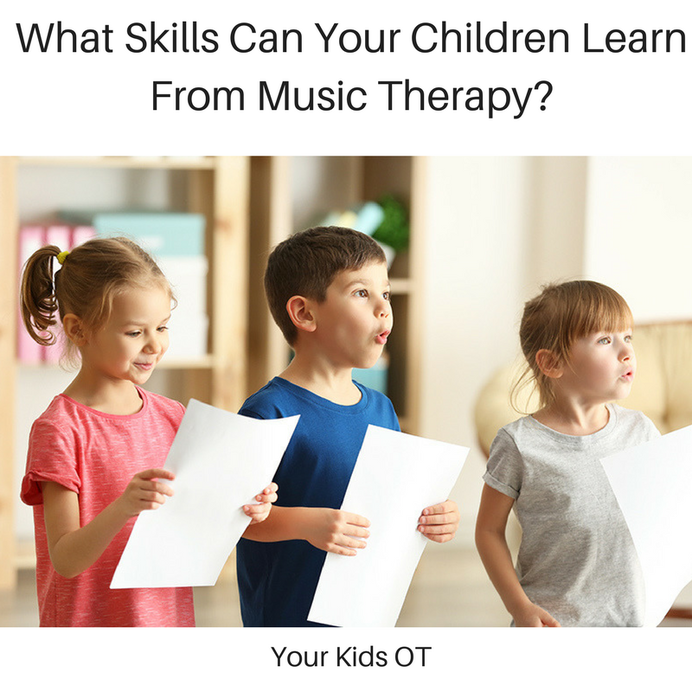


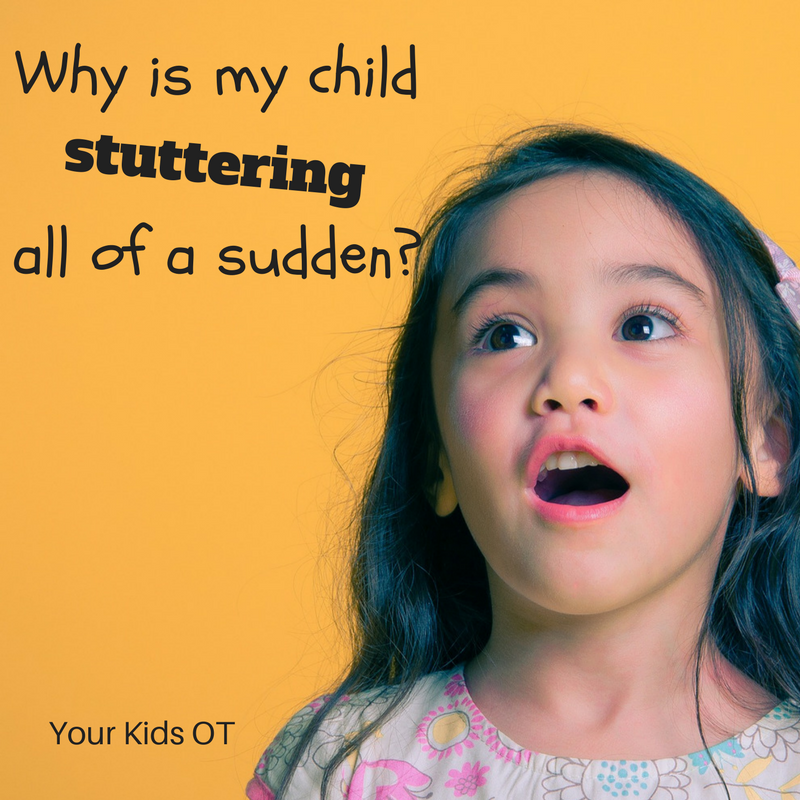
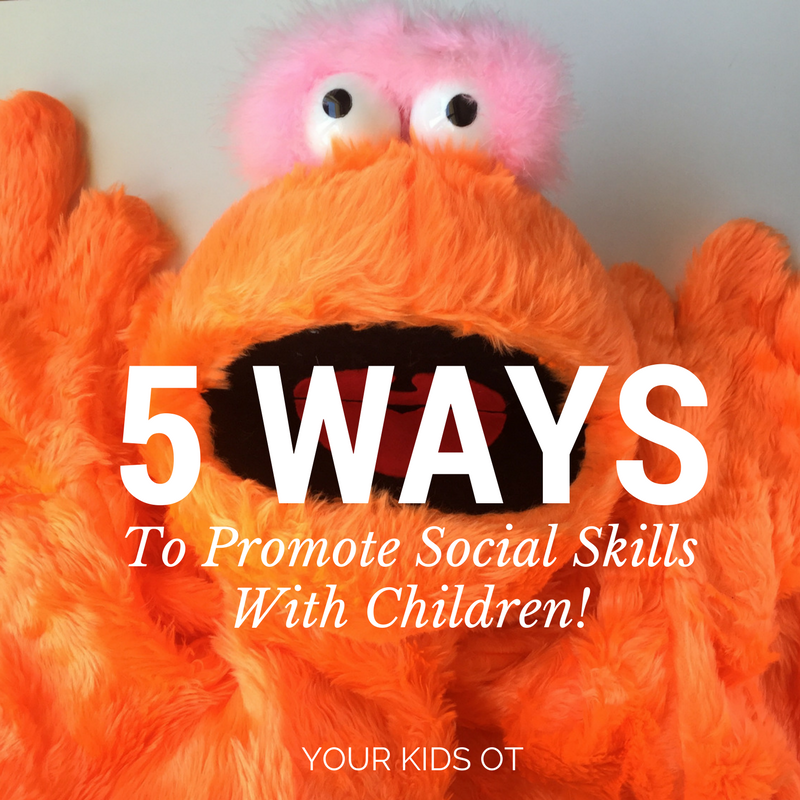

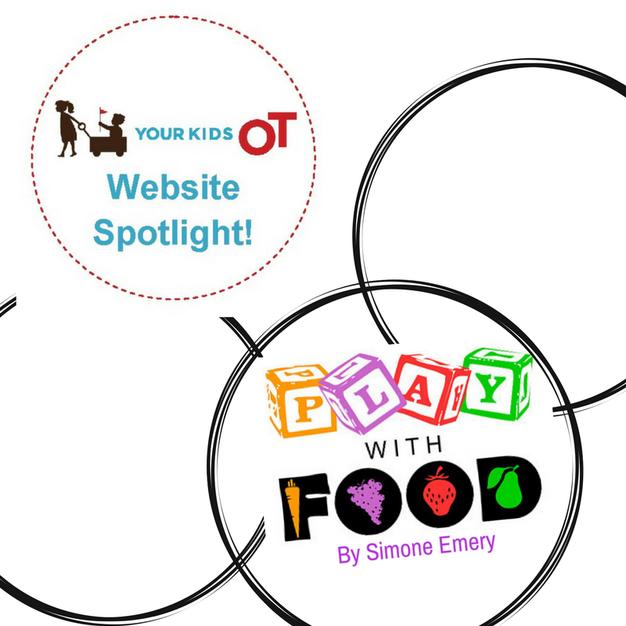



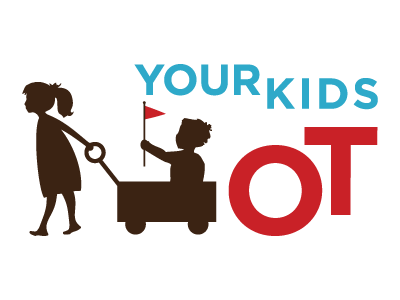

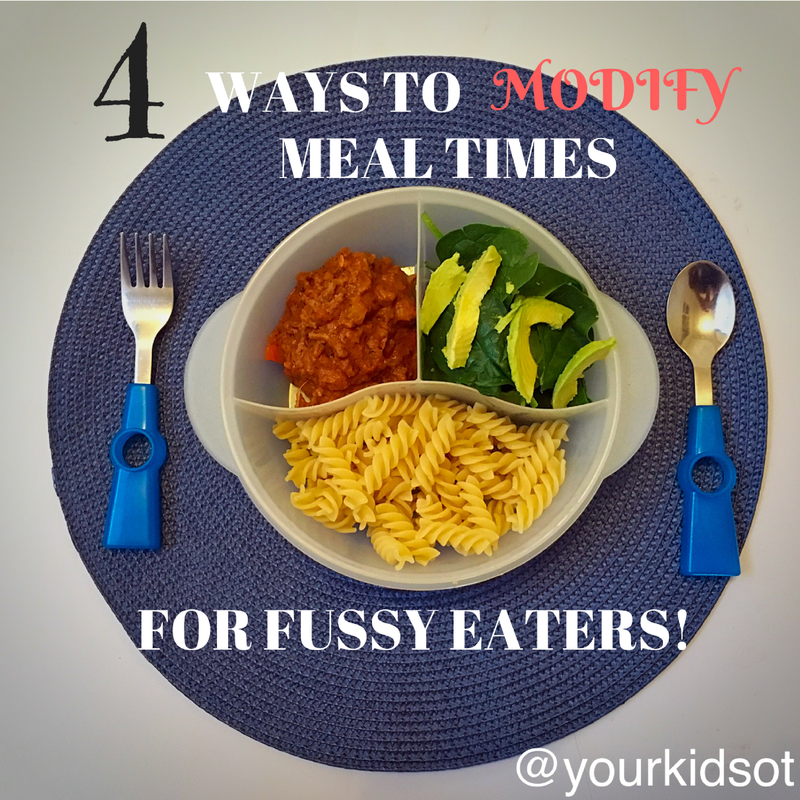
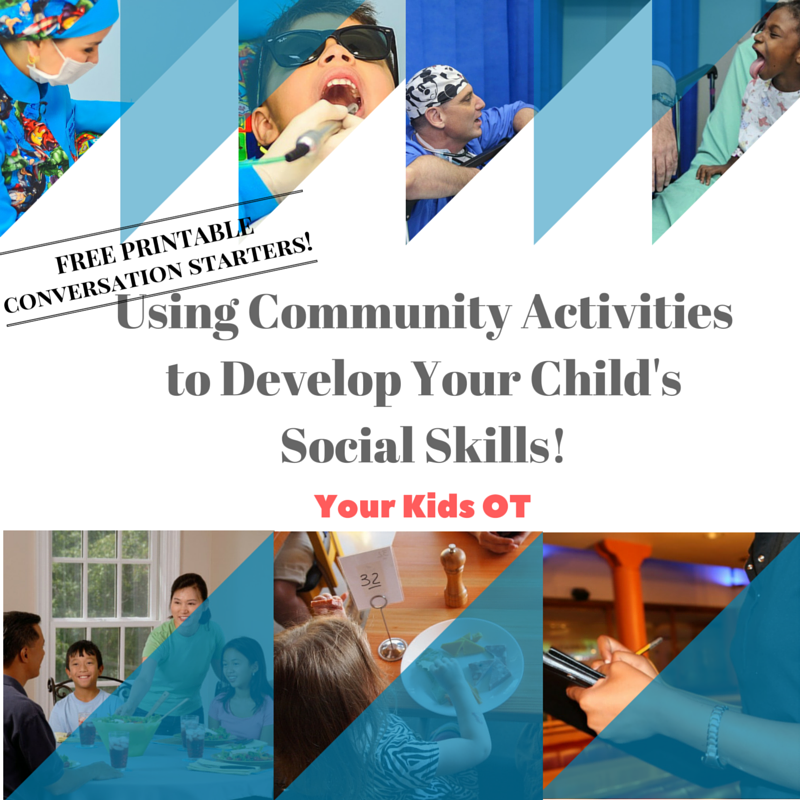
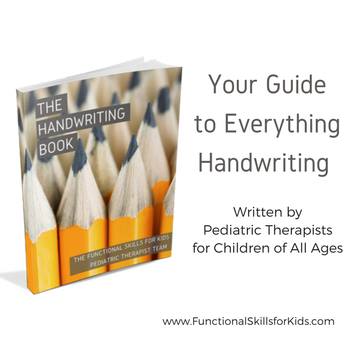
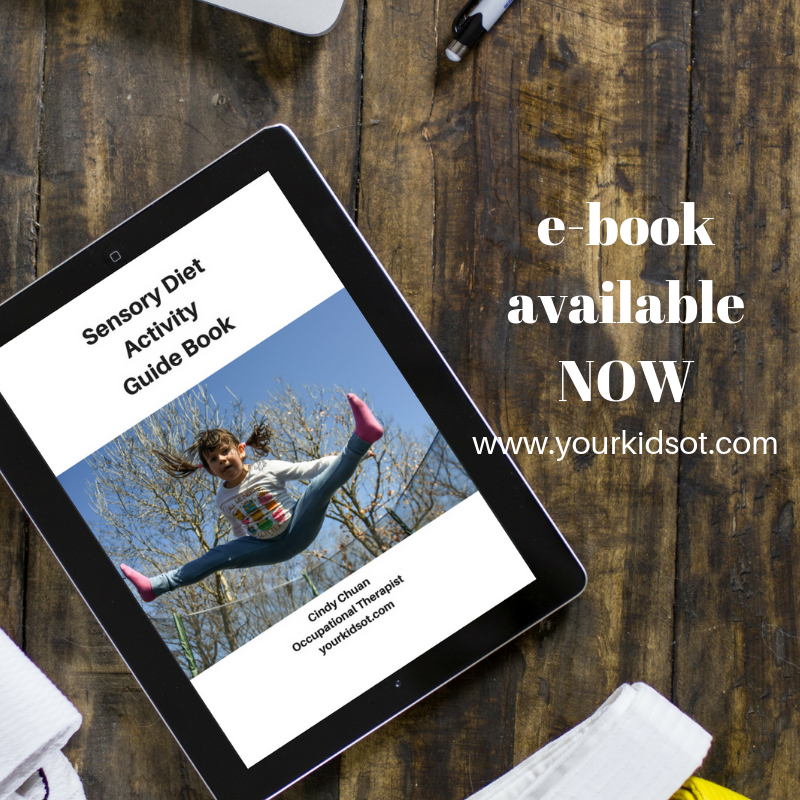
 RSS Feed
RSS Feed
